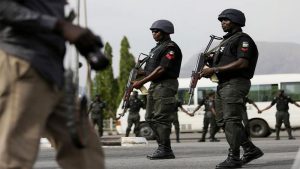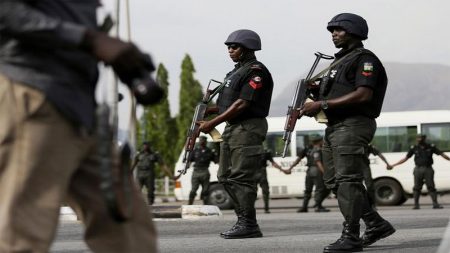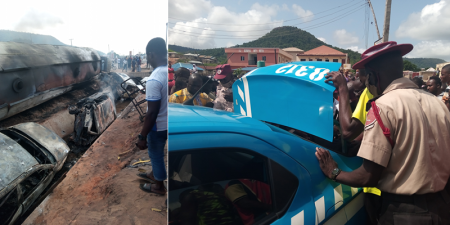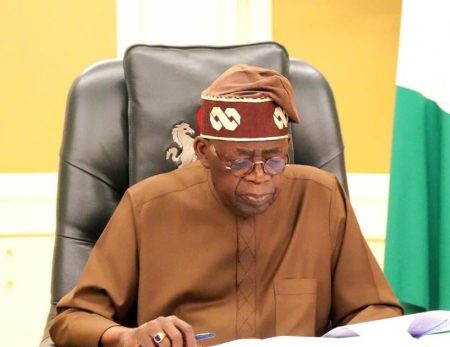Paragraph 1: Introduction and the Establishment of Regional Commissions
The Federal Government of Nigeria has embarked on a renewed effort to stimulate development within the Niger Delta region and address regional disparities nationwide. A key component of this strategy is the creation of two new regional development commissions: one for the North-West and another for the South-East. These commissions, inaugurated under the newly formed Ministry of Regional Development, are designed to accelerate development and reduce inequality across the country. This signifies a significant shift in the government’s approach to regional development, moving towards a more structured and focused strategy. The Ministry of Regional Development, established in October 2024, now oversees these new commissions and absorbs the responsibilities of the existing Ministry of Niger Delta Affairs. This consolidation aims to streamline efforts and ensure that the Niger Delta remains a priority within the broader national development agenda.
Paragraph 2: Focus on Niger Delta Development and Infrastructure
While the organizational structure has evolved, the Federal Government maintains its commitment to the Niger Delta region’s development. The Ministry of Regional Development, encompassing the former Ministry of Niger Delta Affairs, continues to prioritize the region’s unique needs. A central aspect of this commitment involves substantial investment in infrastructure. This includes the completion of critical road projects like the Gberegolor-Ogriagbene Road in Delta State, which promises to significantly improve transportation networks and connectivity within the region. This infrastructure development aims to stimulate economic activity and improve the quality of life for residents by facilitating trade and access to essential services. Improved transportation infrastructure lays the groundwork for further development and attracts investment.
Paragraph 3: Enhancing Essential Services and Economic Activity
Beyond roads, the Ministry of Regional Development has also focused on enhancing essential services such as electricity and water supply within the Niger Delta. Significant progress has been made in electrifying communities, including the installation of over 250 solar street lights. Further power projects are underway to boost economic activities and improve the overall living standards in the region. Access to reliable electricity is crucial for supporting businesses, powering homes, and fostering economic growth. Simultaneously, the ministry has initiated various water supply projects, including community water schemes in Imo and Delta States, addressing the critical need for clean and accessible water resources in these areas. These efforts demonstrate a commitment to addressing basic needs and creating an environment conducive to sustainable development.
Paragraph 4: Boosting Connectivity and Youth Empowerment
Recognizing the importance of connectivity for economic prosperity, the Ministry is investing in water transportation projects. These initiatives, including newly awarded contracts for ferry services, aim to link communities separated by waterways, overcoming geographical barriers and promoting trade and interaction between otherwise isolated areas. This focus on water transportation reflects an understanding of the unique geographical challenges in the Niger Delta and a tailored approach to improving connectivity. Furthermore, youth empowerment is a core element of the development strategy. Over 1,000 youths have received training this year, equipping them with valuable skills for sustainable livelihoods. This investment in human capital aims to empower the next generation and contribute to long-term economic growth within the region.
Paragraph 5: Supporting Entrepreneurship and Fostering Stability
The government is not only investing in training but also providing financial support to young entrepreneurs in the Niger Delta. Grants are being planned to enable trained youth to establish their businesses, fostering self-reliance and creating economic opportunities. This holistic approach aims to equip young people with the skills and resources necessary to become successful entrepreneurs, stimulating economic activity from the ground up and contributing to the overall development of the region. The Ministry acknowledges that peace and stability are essential for economic growth. A secure and stable environment is crucial for attracting investment, promoting business activity, and ensuring that development initiatives can thrive. The government’s commitment to fostering peace and security is therefore integral to the success of its development strategy.
Paragraph 6: Conclusion and Future Outlook
The Minister of Regional Development, Abubakar Momoh, expressed optimism about the future prospects of the Niger Delta and the nation as a whole. The establishment of the regional development commissions represents a significant step towards addressing regional disparities and driving economic growth. By focusing on infrastructure development, essential services, youth empowerment, and creating a stable environment, the government aims to unlock the region’s vast potential and contribute to broader national prosperity. The government believes that these initiatives will lead to substantial development across all regions of Nigeria, fostering a more inclusive and prosperous future for all its citizens. The focus on integrated development, encompassing infrastructure, human capital, and economic empowerment, signifies a comprehensive approach to addressing the challenges and maximizing the opportunities within the Niger Delta region.














